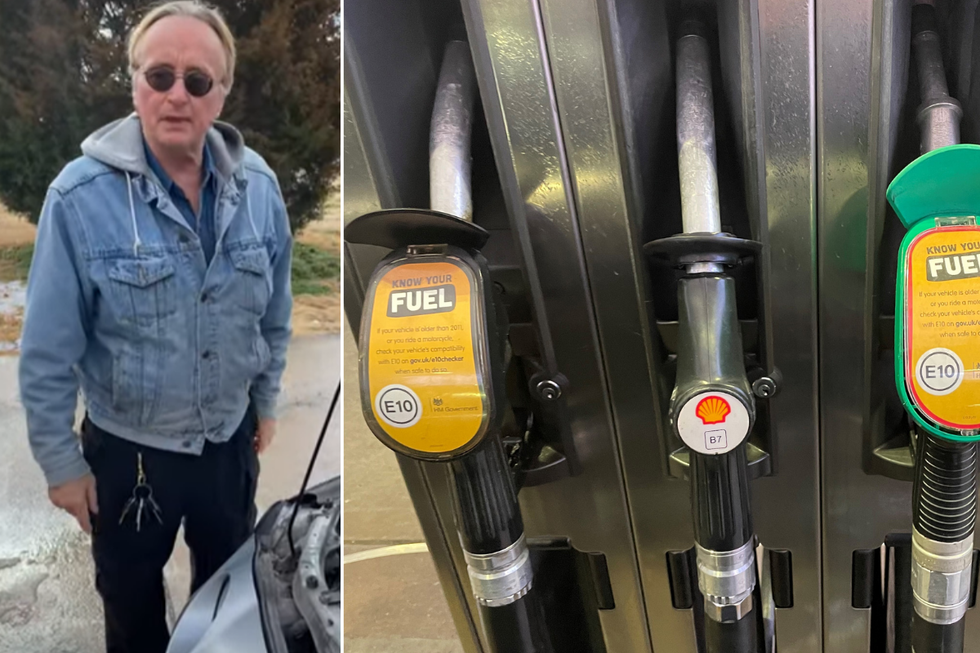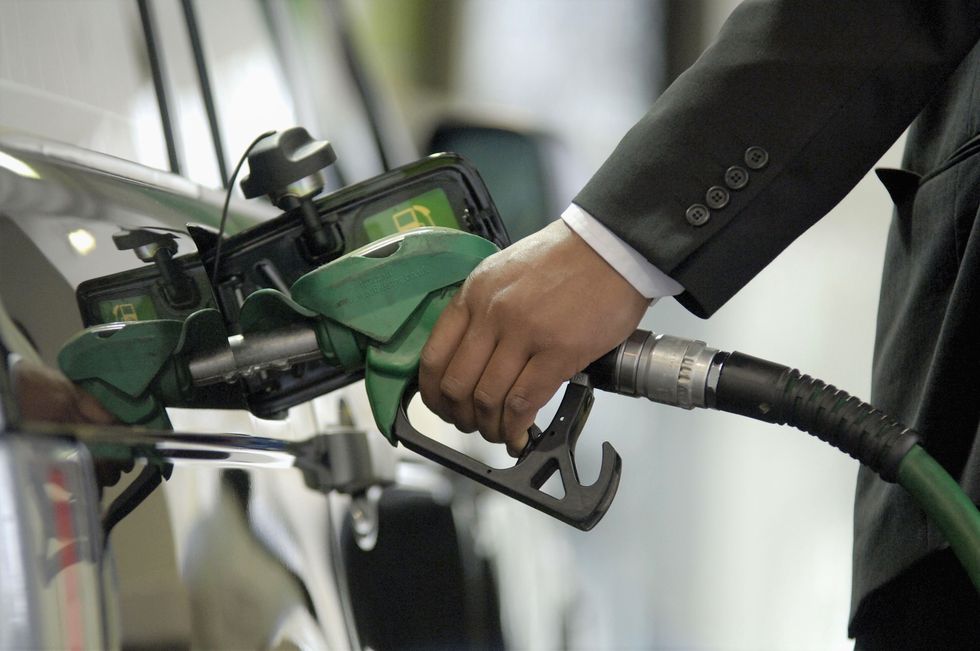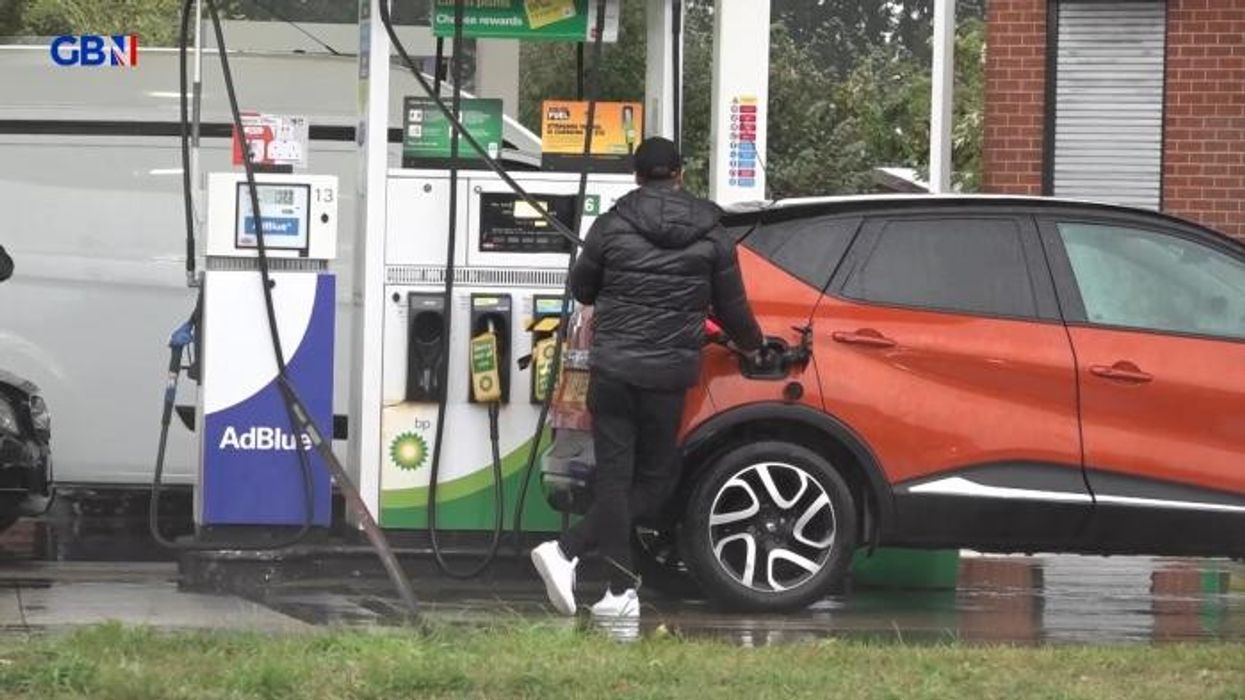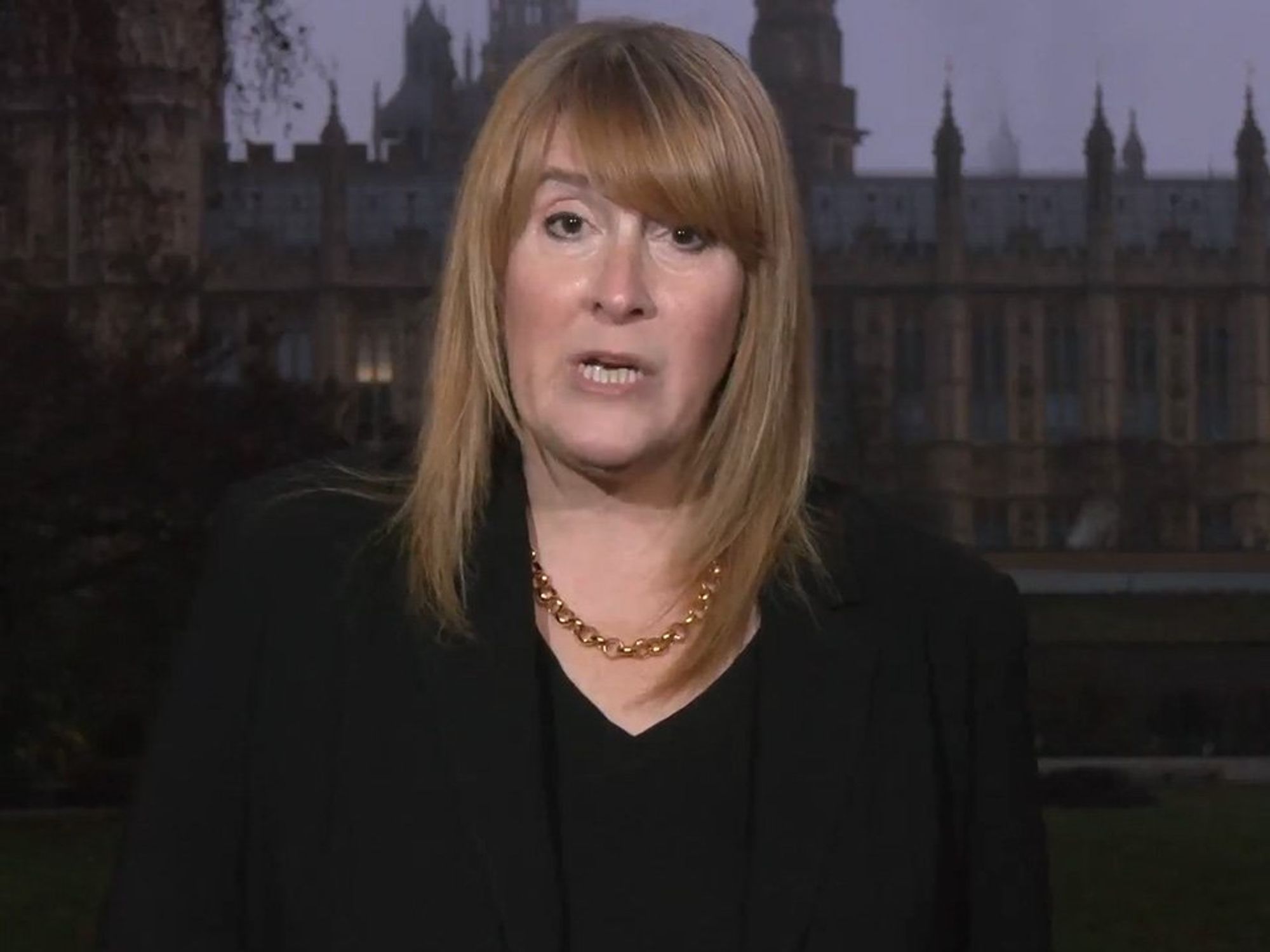Petrol and diesel drivers warned of buying certain fuels from filling stations amid engine damage fears

Different fuel types can have adverse effects on a car engine
Don't Miss
Most Read
Latest
A popular YouTube car mechanic has warned drivers of older cars to fill up vehicles with premium fuel as it could help vehicles stay on the road for years to come.
YouTuber Scotty Kilmer has been a mechanic for over 50 years and uses his channel to share tips for drivers, with his most recent video showing how different fuel types affect vehicles.
In his latest video, Kilmer explained that cheap fuel can cause carbon to build up in the engine, affecting the durability of the vehicle in the long term.
As older cars are more susceptible to wear and tear, the expert said the best method for preventing damage is to use quality petrol or diesel, often found in premium forms.
Do you have a story you'd like to share? Get in touch by emailing motoring@gbnews.uk

Premium fuel can reduce friction and keep the engine clean
|SCOTTY KILMER YOUTUBE/ PA
He shared on his channel: “Since there is limited space inside the engine, as the carbon builds up it increases the compression pressure inside the engine.
“When you accelerate that high compression can make it ping with cheap gas, so if you put premium gas in, it can keep the engine from knocking because premium gasoline can take more pressure before it ignites.
“So if you’re a cheapskate and don’t want to rebuild your engine, maybe your old engine will run a lot better with premium gasoline.”
Premium forms of petrol and diesel have two main differences from standard fuel, the first being the additives included in the blend.
According to One Stop Service Centre, premium fuel can reduce friction and keep the engine clean, resulting in better performance on the road.
The second difference is the official rating of the premium fuel, for premium unleaded fuel, its rating is referred to as the octane rating.
The service centre explained: “This can show how well the fuel resists pressure and premature ignition as it is compressed by the piston.
"And where diesel is concerned it’s called the cetane rating which measures how quickly diesel fuel ignites under pressure.”
However, as fuel prices continue to reach unprecedented heights, drivers may be less inclined to buy premium, more expensive fuel that is better for their car.
Petrol went up nearly 2p per litre in March from 144.62p to 146.48p, which saw the average price at the pumps increase by almost 6p since January.
Diesel rose by 1.31p in March from 154.68p to 155.99p, making it the third consecutive month of rises.
For drivers filling up a full 55-litre tank of petrol, it now costs £80.56, up by £1 while diesel will set drivers back £85.79, up 72p.
LATEST DEVELOPMENTS:

Petrol rose 2p in March as drivers struggle to deal with prices
| GETTYThe RAC stated that as a general rule, drivers can use a higher-octane fuel than is recommended for their car, which would be a premium fuel, however using a lower-octane fuel than recommended could cause engine damage.
The motoring organisation said: “For many cars, a premium fuel makes no discernible difference to their performance but it could see you paying out more for no reason, so research first before topping up.”











